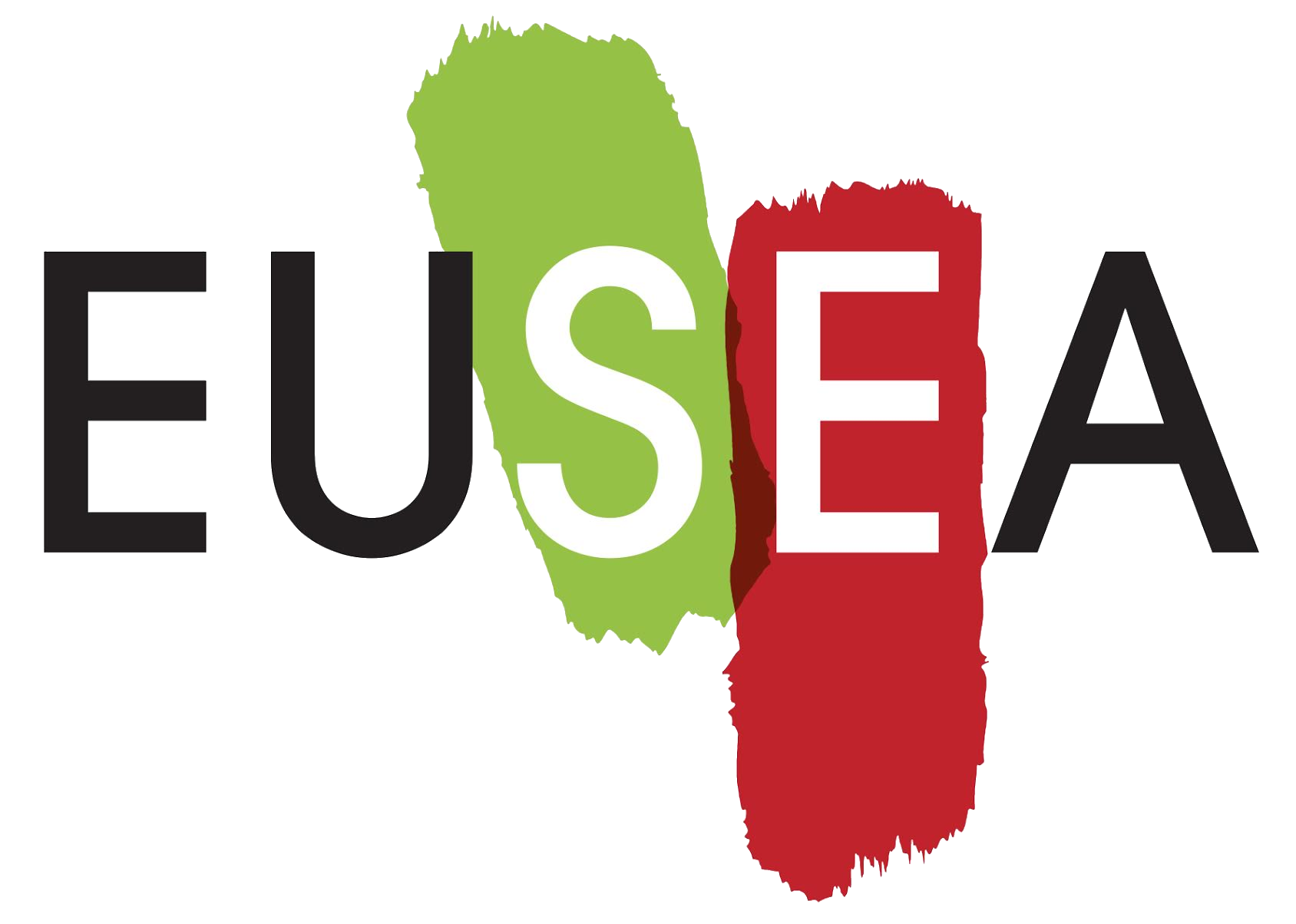Description
The public is invited to participate in a large-scale experiment or study. In this way, researchers can obtain a large amount of data which they then can analyse. Often the results are presented in a scientific journal, as well as in a more public-friendly way, so those who took part can see the results of the experiment they were a part of.
Mass experiments are a great way of getting the public involved with a particular area of research, and they can also be used to teach the public about the scientific method, and it may also be possible to get participants to be involved in the data collection, analysis and evaluation if they are interested.
Target Audience
- Adult citizens
- Children 3-6
- Children 7-12
- Families
- Policymakers
- Stakeholders
- Teenagers
You can do it with all those groups, but we did it with professionals from different fields like public engagement or the cultural and creative sector.
Benefits
Benefits
For scientists in certain fields of study, this is a great way to gather lots of data for a research project. Participants gain an insight into how research is conducted, about the scientific methods as well as allowing them to feel to be a part of “research/science”.
Furthermore, with the right promotion, you can attract a lot of participants to just a single activity, and it may also be of interest to local media outlets, who might create additional content about your research, and help gain more public interest in the research you are conducting.
Preparations
- Find a suitable mass experiment
- Decide on where and with whom you want to run the experiment, although there will probably be no issues with you using public spaces to conduct your experiment, you might want to consider inquiring with your local authorities.
- Promote your mass experiment
- You may require a number of volunteers to help set up, run and collect data from the experiment
Resources
Science Communication Toolbox, Sweden
Notes
The selection of mass experiments is not easy. Your experiment must be useful to help answer a specific scientific question but is also easily followed by the public. Think carefully about your experiment and consider what data you need and how you will collect and analyse the data. It is important that the observation and activity tasks are simple to do, that clear results are produced, and can be easily communicated so that researchers can use the data.



